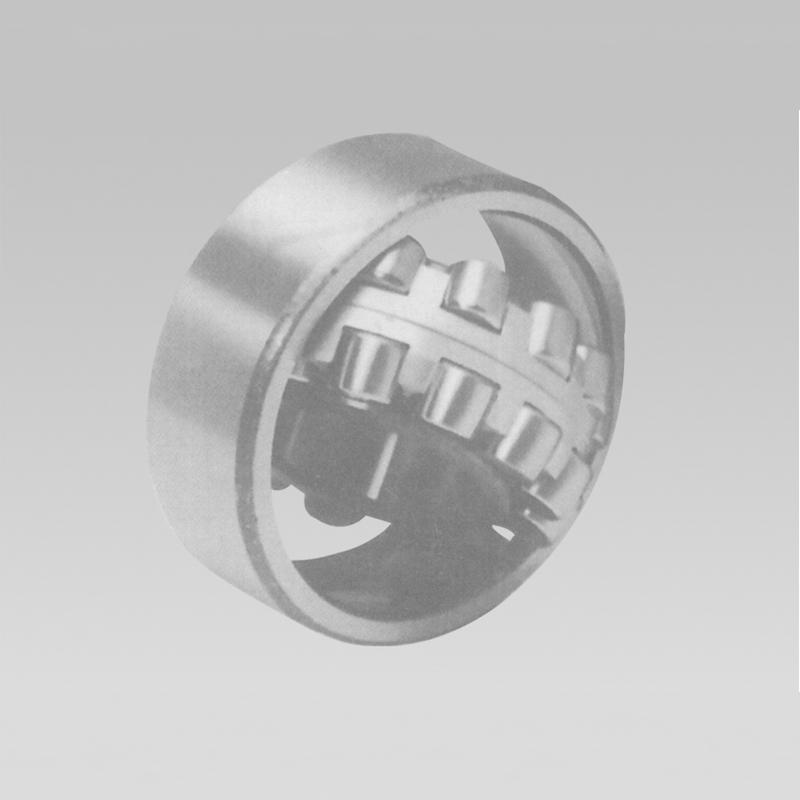
Sep . 04, 2024 09:18 Back to list
bearings for agricultural machinery
Bearings for Agricultural Machinery A Vital Component for Efficiency and Performance
In the world of agriculture, the importance of reliable machinery cannot be overstated. Agricultural machinery is the backbone of modern farming, enabling increased efficiency and productivity. One often overlooked but crucial component of this machinery is bearings. Bearings are essential elements that help reduce friction, support loads, and enhance the overall performance of various agricultural equipment. This article explores the significance of bearings in agricultural machinery, their types, and the considerations for selecting the right bearings.
Bearings play a key role in various agricultural applications, including tractors, harvesters, plows, and seeders. They are designed to facilitate smooth rotation and movement of machine parts, which is critical for the efficient operation of equipment. For example, in a tractor, bearings in the wheel assembly contribute to a smoother ride and allow for better control, while bearings in the engine ensure that moving parts can operate seamlessly under heavy loads.
There are several types of bearings used in agricultural machinery, each suited to specific applications. The most common types include ball bearings, roller bearings, and thrust bearings. Ball bearings are versatile and can handle both radial and axial loads, making them suitable for various parts of machinery. Roller bearings, on the other hand, are designed to carry heavier loads and are particularly useful in equipment that experiences significant stress, such as combines and heavy-duty tractors. Thrust bearings are utilized in situations where axial loads are predominant, such as in rotary tillers.
bearings for agricultural machinery

When selecting bearings for agricultural machinery, several factors must be considered to ensure optimal performance and longevity. One of the primary considerations is the operating environment. Agricultural equipment often operates in challenging conditions, such as exposure to dirt, moisture, and extreme temperatures. Therefore, selecting bearings with appropriate sealing and protective features can significantly enhance their lifespan and reliability.
Another important factor is the load capacity of the bearing. Agricultural machinery frequently operates under heavy loads, so it is essential to choose bearings that can handle these demands without fail. The type of lubrication system used can also impact bearing performance. Proper lubrication reduces friction and wear, ultimately extending the bearing's life. For agricultural applications, choosing the right lubricant that can withstand harsh conditions is crucial.
Furthermore, regular maintenance and inspection of bearings are vital to prevent unexpected failures. Farmers and equipment operators should be trained to recognize signs of bearing wear, such as unusual noises or vibrations, and take prompt action to address these issues.
In conclusion, bearings are a fundamental component of agricultural machinery, significantly contributing to its efficiency and overall performance. By understanding the types of bearings available and the factors that influence their selection, farmers can ensure that their equipment operates smoothly and reliably. Investing in the right bearings and maintaining them properly can lead to improved productivity, reduced downtime, and ultimately, a more successful farming operation. As agriculture continues to evolve with new technologies and practices, the role of high-quality bearings will undoubtedly remain crucial for sustaining agricultural productivity.
Latest news
-
Durable Greenhouse Pillow Block Bearings for Reliable Ventilation
NewsAug.31,2025
-
Spherical Roller Bearings Applications: Heavy Duty, Self-Aligning
NewsAug.30,2025
-
Premium Deep Groove Ball Bearings | High Speed & Reliability
NewsAug.29,2025
-
Durable Scaffolding Clamps - Secure & Reliable Tube Connectors
NewsAug.28,2025
-
Common Failures in Thrust Ball Bearings and Solutions
NewsAug.22,2025
-
How Tapered Roller Bearings Can Take Shock Loads
NewsAug.22,2025
